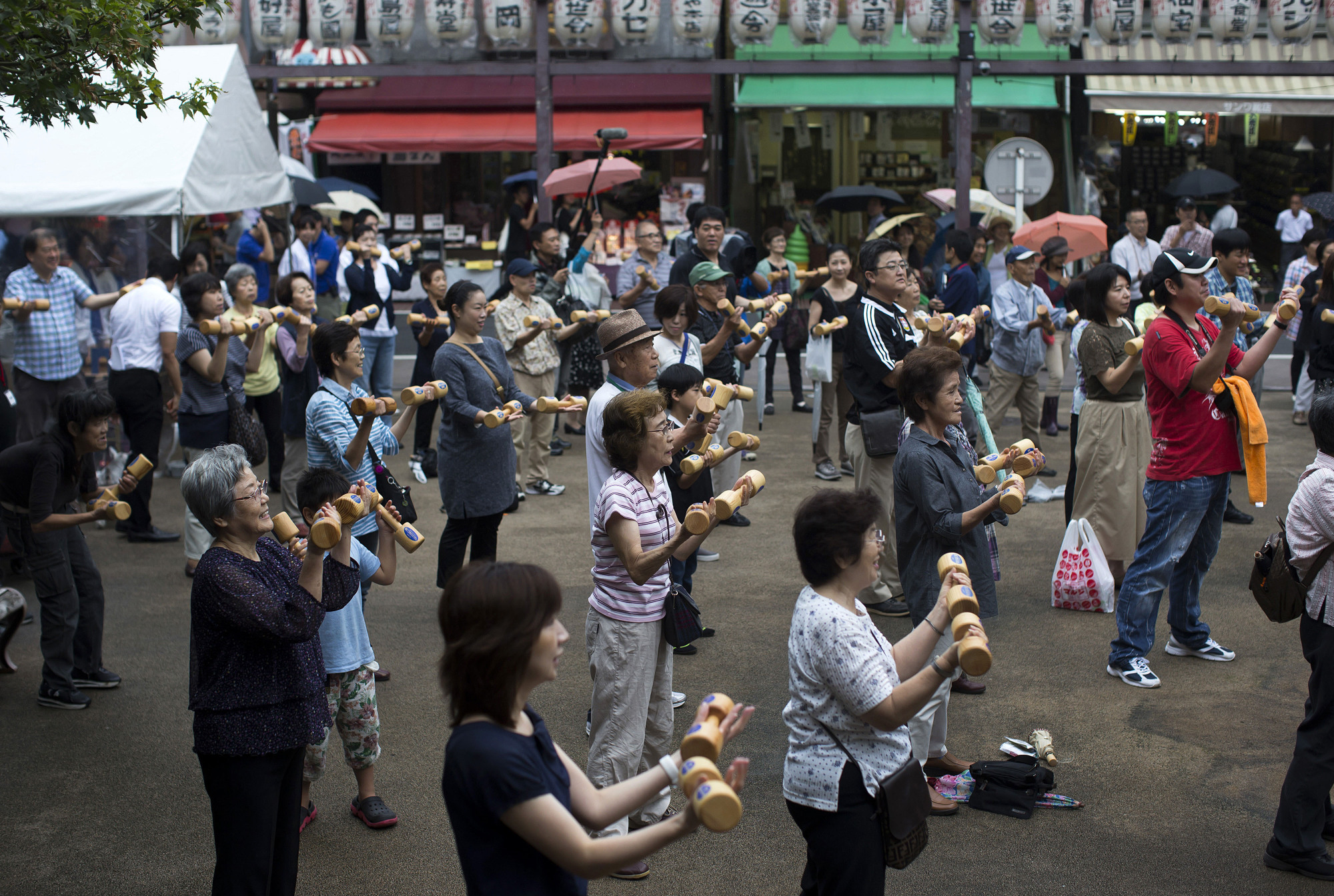Japan's population is decreasing since it hit a peak in 2008. The total population in 2017 was 126.7 million; since 2010, the nation has lost about 1.4 million people. The shrinking population is having a major impact on our economy and society that will continue over a long-term period, while people tend to feel that its short-term effects are small and negligible — and therefore the policy response may come too late.
In addition, because of the myopic character of national politics due to the periodic cycle of elections, lawmakers' interest in the population decline might be lower compared with day-to-day economic and social matters. However, the population decline puts the sustainability of Japan's society and economy in danger. The list of issues caused by a falling population is very long, and we need to tackle each problem carefully.
According to "Population projections for Japan: 2016 to 2065" by the National Institute of Population and Social Security Research, the nation's population in 2065 will be 88.1 million — almost two-thirds of what it is today. The aging of the population will have progressed so much that people 75 or older will account for 25.5 percent of the total. It is estimated that the number of people over the age of 100 will reach 547,000 — a tenfold increase from the 54,000 centenarians in 2015.


















With your current subscription plan you can comment on stories. However, before writing your first comment, please create a display name in the Profile section of your subscriber account page.